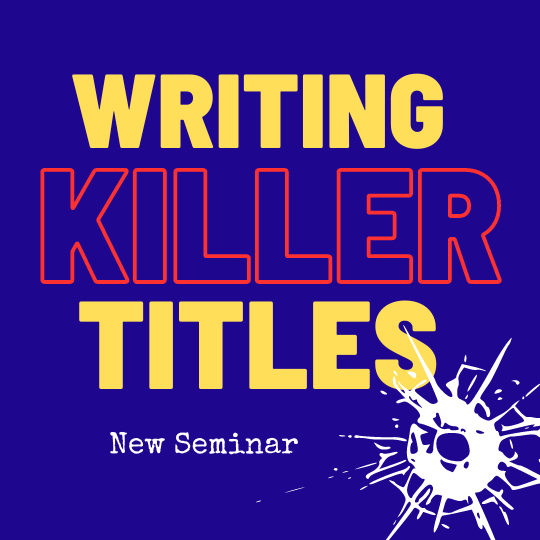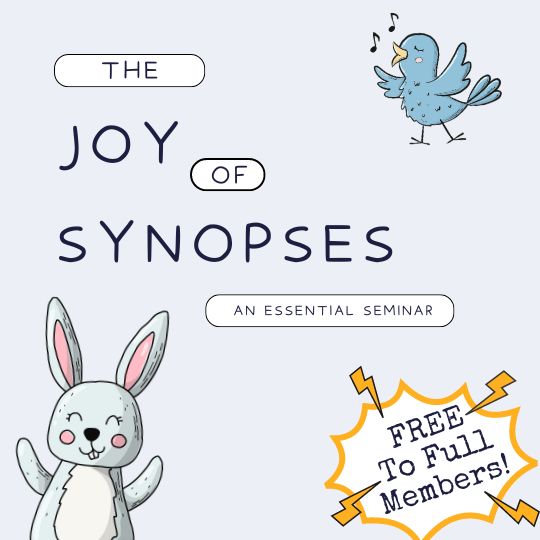Paul Whybrow
Full Member
To keep my spirits up on New Year's Eve, I watched one of my favourite feel-good films—Amélie—it's very French, charming, good-natured, funny and made with love.
My DVD came with an extra disk of bonus features, including an interview with the director, Jean-Pierre Jeunet. His previous film project was Alien Resurrection, which meant a long time in America shooting and editing, so he was glad to return to his home country. Casting around for what to do next, he wanted a change of pace, a "small movie" set in a Parisian neighbourhood with not too many actors.
Based on his experience in Hollywood, Jeunet used test screenings for his new project, which weren't in common use in France in 2001. To his surprise, audiences and discussion groups loved the film. Instead of making a film that appealed only to the French, he'd somehow tapped into a tale that moved audiences worldwide, and the foreign rights were sold for 45,000,000 francs.
This made me think about what appeals to me in storytelling. I like small stories, where the action takes place somewhere with a strong sense of location, featuring only a few characters. Sprawling epics with a large cast of players certainly have their place, though it can be tricky to convey the humanity of the participants. For me, the best parts of The Lord of The Rings saga are the scenes where the characters talk face to face about their love of home and their fears, not the huge battles or monstrous baddies gnashing their teeth.
As for much-touted high-concept plots, the term immediately implies to me that the story is driven by a pitch that sizzles attractively, but the story itself might lack characterisation and any real meaning. I want to be in the characters' heads, not marvelling at the twists and turns that confront passengers with snakes on a plane. Cheap thrills are OK up to a point, but I prefer something that feeds my soul. Small stories may be low-concept, but subtlety is nourishing.
Some of my favourite reads have been small stories set in a distinct place with characters melded with where they grew up. They're novels that could be filmed without special effects.
* The Hook Men by Timothy Hillmer. Until I read this story, it hadn't occurred to me that people were employed to recover drowning victims from fast-flowing rivers. Comparisons with James Dickey's Deliverance are justified, not only for the location but also the themes of masculinity and honour that are mythological in their power.
* The Ploughmen by Kim Zupan. I've praised this novel before, choosing it as one of my favourite reads of 2017. One of the best small stories I've read containing an all-too-good hero and an implacably evil villain. Again, the protagonist is a rescuer/recoverer, finding travellers lost in the snow...while the antagonist, a contract killer, ensures people are lost to life forever.
* A Whole Life by Robert Seethaler. This story would appeal to anyone who enjoyed John Williams' Stoner, as not a lot happens, and when it does, it's in a low-key way that's hugely transformative. Just a man living his life as best he can, trying to do the right thing and sometimes failing.
Influential acting coach Stella Adler in her book The Art Of Acting, said: "There are no small stories, only the actor makes them small."
I'm inclined to think that the same thing is true of writers. Small stories can contain huge themes. Being small implies that there will be relationships that are developed, a certain intimacy that lures the reader into feeling something about what it means to be human.
A quality that Amélie and the four books I mentioned share, is that despite containing dark elements, there's also positivity and even joy. I try to do the same thing with my Cornish Detective novels, where my protagonist decompresses the tension created by investigating horrific violence by painting watercolours, listening to music and creating a wild garden.
Are any of your favourite books small stories with huge messages?

My DVD came with an extra disk of bonus features, including an interview with the director, Jean-Pierre Jeunet. His previous film project was Alien Resurrection, which meant a long time in America shooting and editing, so he was glad to return to his home country. Casting around for what to do next, he wanted a change of pace, a "small movie" set in a Parisian neighbourhood with not too many actors.
Based on his experience in Hollywood, Jeunet used test screenings for his new project, which weren't in common use in France in 2001. To his surprise, audiences and discussion groups loved the film. Instead of making a film that appealed only to the French, he'd somehow tapped into a tale that moved audiences worldwide, and the foreign rights were sold for 45,000,000 francs.
This made me think about what appeals to me in storytelling. I like small stories, where the action takes place somewhere with a strong sense of location, featuring only a few characters. Sprawling epics with a large cast of players certainly have their place, though it can be tricky to convey the humanity of the participants. For me, the best parts of The Lord of The Rings saga are the scenes where the characters talk face to face about their love of home and their fears, not the huge battles or monstrous baddies gnashing their teeth.
As for much-touted high-concept plots, the term immediately implies to me that the story is driven by a pitch that sizzles attractively, but the story itself might lack characterisation and any real meaning. I want to be in the characters' heads, not marvelling at the twists and turns that confront passengers with snakes on a plane. Cheap thrills are OK up to a point, but I prefer something that feeds my soul. Small stories may be low-concept, but subtlety is nourishing.
Some of my favourite reads have been small stories set in a distinct place with characters melded with where they grew up. They're novels that could be filmed without special effects.
* The Hook Men by Timothy Hillmer. Until I read this story, it hadn't occurred to me that people were employed to recover drowning victims from fast-flowing rivers. Comparisons with James Dickey's Deliverance are justified, not only for the location but also the themes of masculinity and honour that are mythological in their power.
* The Ploughmen by Kim Zupan. I've praised this novel before, choosing it as one of my favourite reads of 2017. One of the best small stories I've read containing an all-too-good hero and an implacably evil villain. Again, the protagonist is a rescuer/recoverer, finding travellers lost in the snow...while the antagonist, a contract killer, ensures people are lost to life forever.
* A Whole Life by Robert Seethaler. This story would appeal to anyone who enjoyed John Williams' Stoner, as not a lot happens, and when it does, it's in a low-key way that's hugely transformative. Just a man living his life as best he can, trying to do the right thing and sometimes failing.
Influential acting coach Stella Adler in her book The Art Of Acting, said: "There are no small stories, only the actor makes them small."
I'm inclined to think that the same thing is true of writers. Small stories can contain huge themes. Being small implies that there will be relationships that are developed, a certain intimacy that lures the reader into feeling something about what it means to be human.
A quality that Amélie and the four books I mentioned share, is that despite containing dark elements, there's also positivity and even joy. I try to do the same thing with my Cornish Detective novels, where my protagonist decompresses the tension created by investigating horrific violence by painting watercolours, listening to music and creating a wild garden.
Are any of your favourite books small stories with huge messages?




